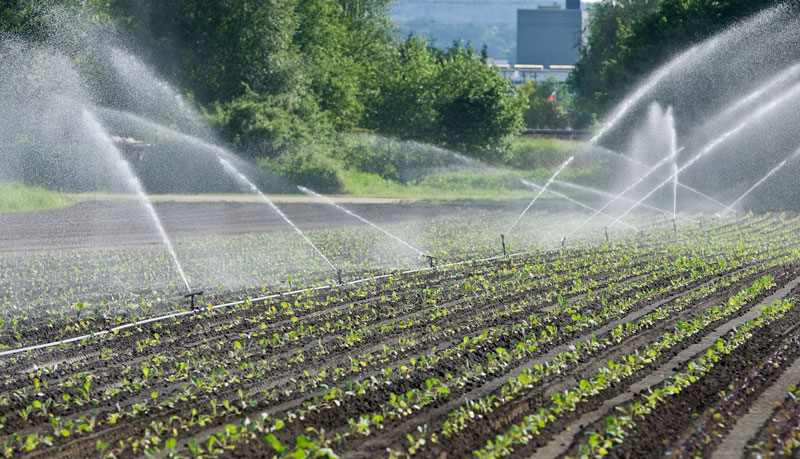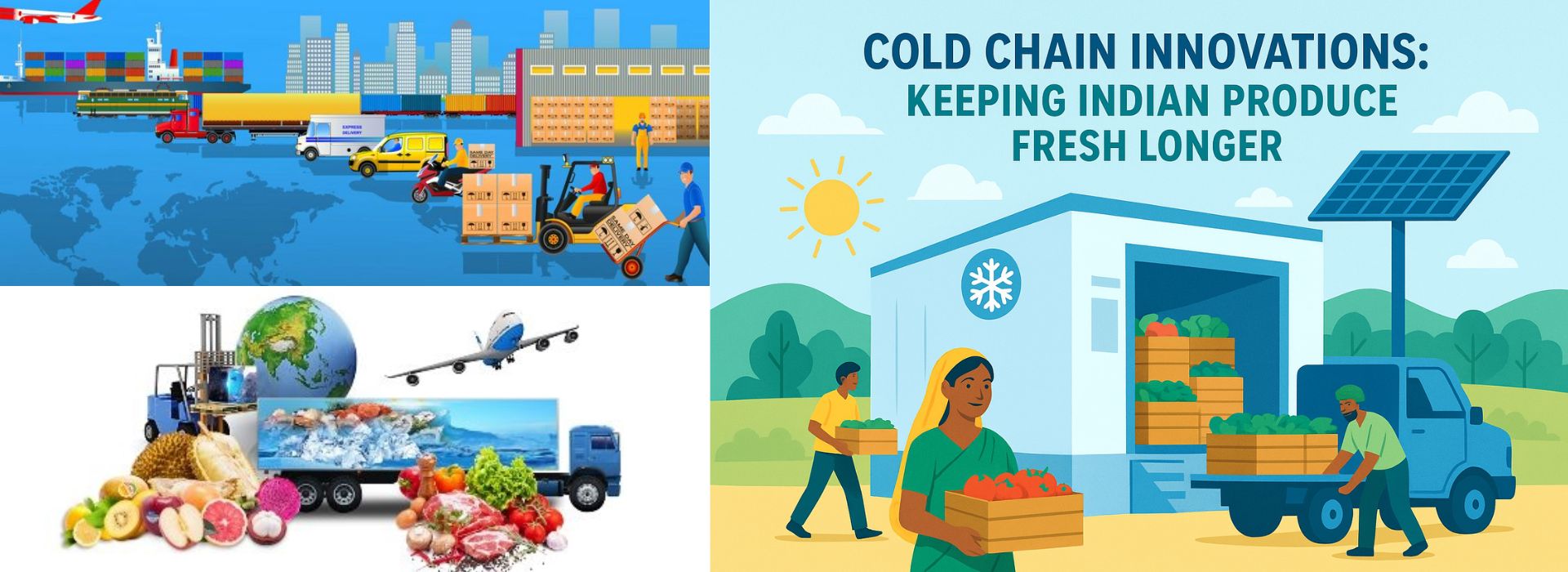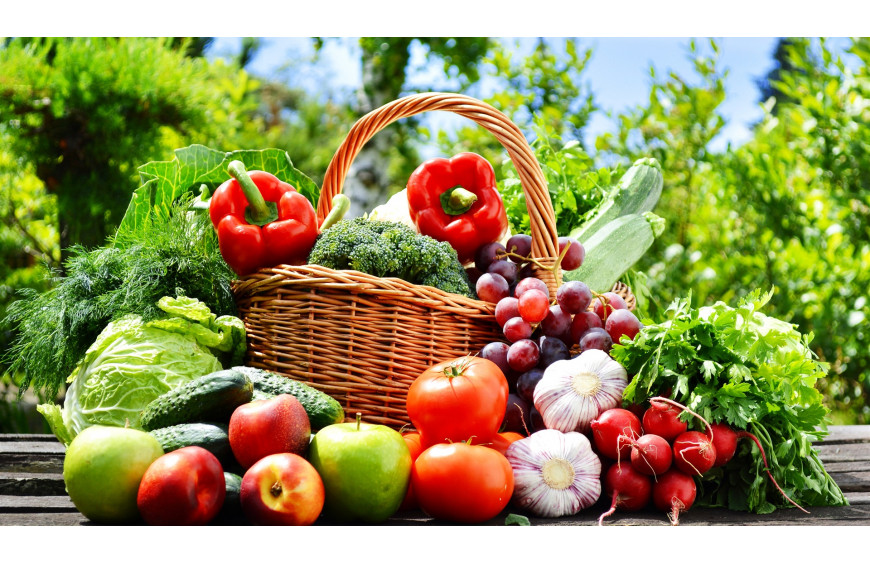Rain Pipes: A Cost-Effective Alternative to Sprinklers for Sustainable Irrigation
December 28, 2023In the realm of sustainable agriculture and water conservation, innovative solutions are continually emerging to address the challenges posed by traditional irrigation methods. One such groundbreaking alternative gaining traction is the use of Rain Pipes—an efficient and cost-effective irrigation system that promises to revolutionize the way we water our crops.
The Basics of Rain Pipes: Rain Pipes are a gravity-driven irrigation system that delivers water directly to the roots of plants, minimizing water wastage and maximizing efficiency. The system consists of perforated PVC pipes strategically placed along the crop rows. These pipes are suspended above the ground, allowing water to flow through the perforations, creating a gentle rain-like shower that reaches the soil surface. Advantages of Rain Pipes:
Water Efficiency: Rain Pipes operate on the principle of targeted irrigation, delivering water precisely where it is needed—the root zone. This targeted approach minimizes water wastage and reduces the overall water consumption compared to traditional sprinkler systems. Cost-Effectiveness: Installing Rain Pipes is a cost-effective solution for farmers looking to optimize their irrigation practices. The simplicity of the system, coupled with reduced energy requirements, contributes to lower installation and operational costs compared to complex sprinkler systems.
Energy Conservation: Unlike traditional sprinklers that require pumps and power sources, Rain Pipes rely on gravity to distribute water. This not only reduces energy consumption but also makes the system more sustainable and environmentally friendly.
Easy Installation and Maintenance: Rain Pipes are easy to install and require minimal maintenance. The simplicity of the design means fewer components that can malfunction, resulting in lower repair and replacement costs over time.
Adaptability to Various Crops: Rain Pipes are versatile and can be adapted to different crop types and field configurations. This adaptability makes them suitable for a wide range of agricultural applications, providing flexibility for farmers with varying needs.
Reduction of Soil Erosion: The gentle rain-like application of water helps prevent soil erosion, ensuring that valuable topsoil is retained. This is particularly crucial in areas prone to erosion, contributing to improved soil health over time.






Guest reviews
No reviews found for this Blog